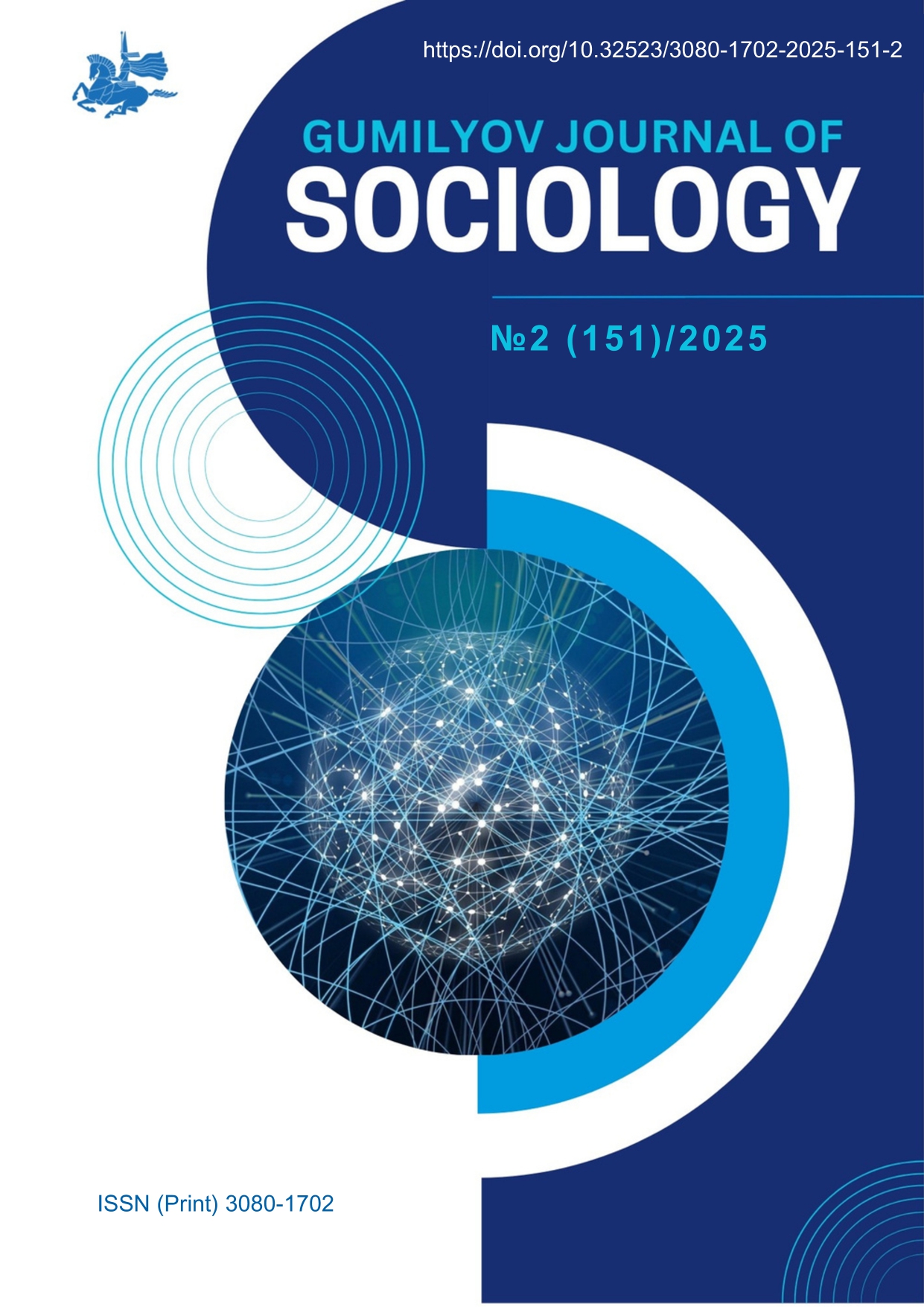Origins of institutional trust in Kazakhstan
DOI:
https://doi.org/10.32523/3080-1702-2025-151-2-102-113Keywords:
institutional trust, performance, culture, authoritarian values, social trustAbstract
Kazakhstan has been experiencing a decline in citizens’ institutional trust, particularly in Parliament, the courts, and the national government, over the past decade. There is an urgent need to investigate the factors that influence this erosion of trust. This study aims to examine the impact of perceived government performance and cultural factors on institutional trust in Kazakhstan. For that purpose, the study employs the World Values Survey’s 7th wave for regression analysis. Institutional trust is captured through citizens’ trust in Parliament, courts, and the national government. To measure the perceived government performance, this research employs variables such as corruption perception, income inequality, satisfaction with political system performance and satisfaction with the financial situation of the household at the individual level. Cultural factors have been captured through national pride, respect for authority and interpersonal trust. The findings demonstrate that satisfaction with a political system performance has a positive impact on institutional trust. In contrast, higher perception of corruption lowers the degree of trust in political institutions of Kazakhstan. With respect to cultural variables, national pride is positively associated with institutional trust. These findings have policy implications as to how improve the trust in national government, Parliament, and courts of Kazakhstan.








